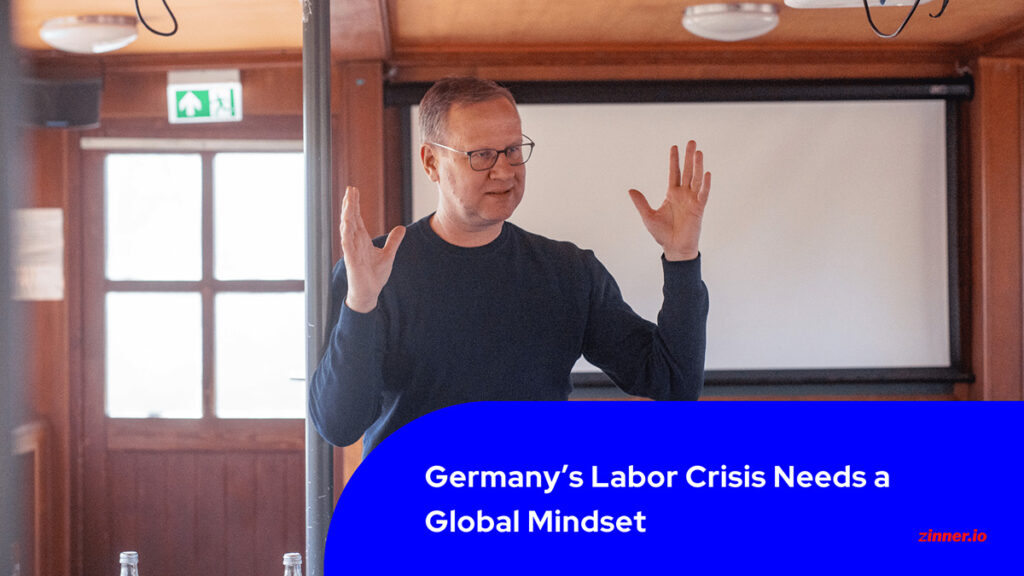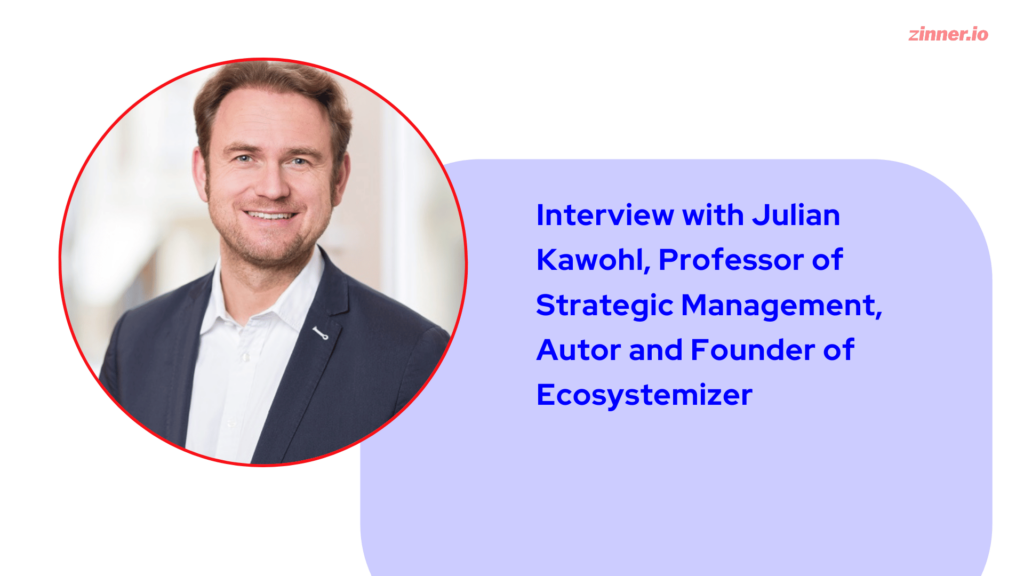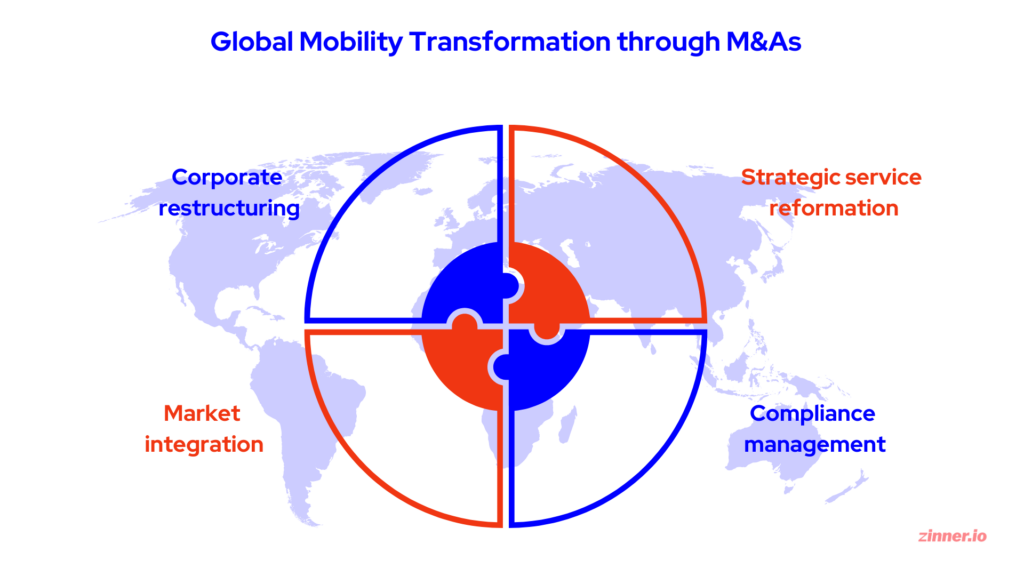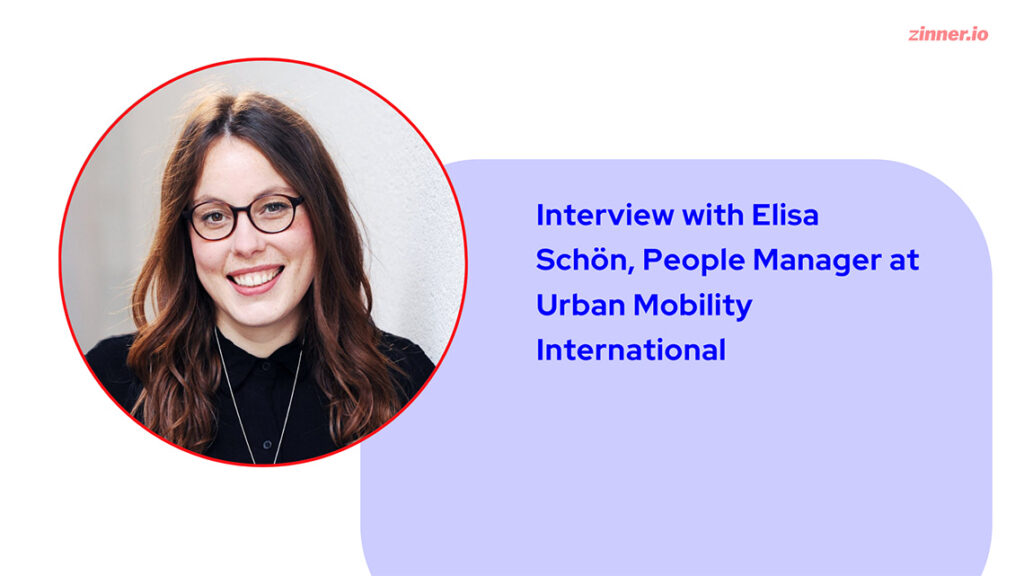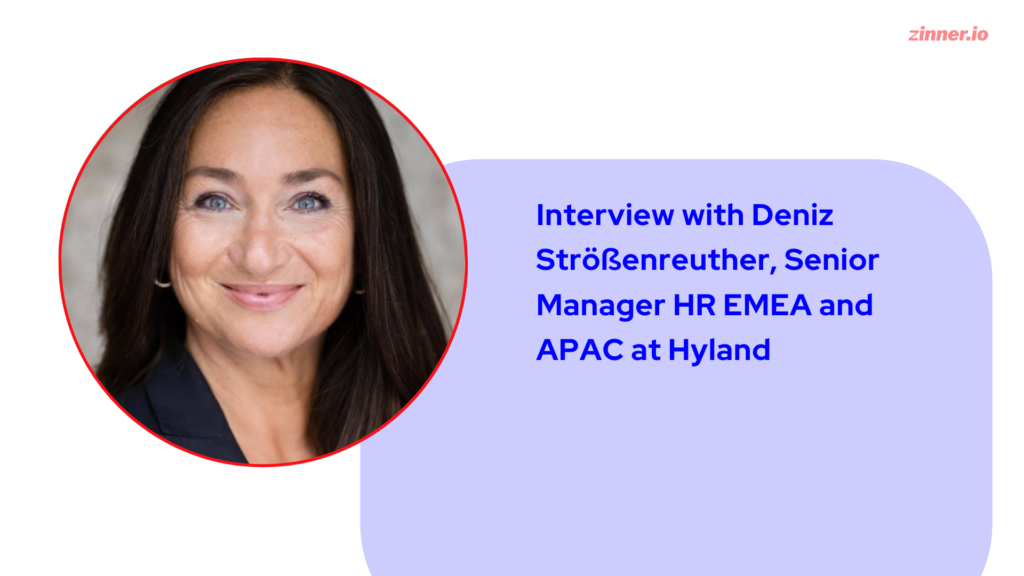
Beate Hild – Business Economist and Personnel Management Coach
Beate is a Business Administration and HR Expert. She has over ten years of experience in HR management, including interim management and project management for companies. She has worked in various sectors such as the chemical industry, IT and SMEs in a variety of business fields. At the same time, this Frankfurt native coaches specialists and managers in areas such as profiling, leadership and personal development.
Q: Beate, tell us how you got into HR and what do you think has changed since you started?
My primary education was in the field of social pedagogy and this is my true calling. However, I first went into the commercial sector. Ten years later, I was offered a job in Employee Development and immediately felt that I had come full circle with training and further education. Now for over 30 years I have been very happy and have worked in all areas of Human Resources except payroll administration. These days, it is increasingly important to be well versed in a wide range of human resources areas. This is why I always keep myself up to date on leadership tools, different strategic approaches and how to implement them. Furthermore, it is equally important to me to develop my empathy and conversational skills when dealing with employees.
“The demands placed on Human Resources staff have not really changed […] However, less emphasis is being placed on having experienced employees – as long as they are young and cheap. Nevertheless, I have observed that often younger colleagues quickly reach their limits. They lack experience and ‘role models’ within the company”.
Q: What is your experience with Managing Directors?
Generally very good. If they are able to entrust the management and thereby the responsibility for the operational part of the personnel management in competent employees, then they are happy. This is a very time-consuming matter and Managing Directors often have to deal with many other operational issues within the company. They expect an independent approach to personnel management in line with the company’s goals and strategies.
“The challenge for me is usually to adequately combine the ‘resource’ of the person with digitalisation. This means using digital instruments where it makes sense, but not losing sight of the person-to-person connection”
Q: What are the demands that companies place on their Human Resources staff in today’s world?
The demands placed on Human Resources staff have not really changed in the last 10 to 15 years. However, less emphasis is being placed on having experienced employees – as long as they are young and cheap. Nevertheless, I have observed that often younger colleagues quickly reach their limits. They lack experience and “role models” with in the company from which they can learn.
Q: Nowadays companies operate internationally more frequently, making digitalisation more important than in the past. What does this mean for HR?
The challenge for me is usually to adequately combine the ‘resource’ of the person with digitalisation. This means using digital instruments where it makes sense, but not losing sight of the person-to-person connection. In my work with international companies and their management teams, I often experience a lack of understanding of the German Labour and Works Constitution Act. We cannot ignore these laws, additional explanation will be necessary. German employees, for example, will often seek discussions within the company and want leadership. This is something new to foreign executives. They simply manage in the same way as is customary in their countries of origin. Intercultural training for both sides is necessary and extremely helpful to improve mutual understanding.
Q: In your opinion, what makes the perfect HR employee?
It should definitely be a person who enjoys working for and with people. It is important to provide a company with employees that it needs. The HR manager should also be willing to develop employees further. I think that Human Resources should be operated with a holistic approach. Human Resources serves both sides, employers and employees. This may be an older approach. But it still applies in my opinion.
Q: What do you remember most about your collaboration with HR Global Consulting?
I found the support for the operational Human Resources staff particularly enjoyable. Fast development, immediate implementation and high flexibility in the handling of the issues. So the projects were also successful. There was always a focus on the given goals but also a lot of fun at work – there was also a lot of laughter.
Authors:
Daniel Zinner – International HR expert, entrepreneur, and communications consultant. His expertise lies in HR, strategy, digitalisation and transformation strategy.
Beate Hild – Business Administration and HR Expert. She has over ten years of experience in HR management, including interim management and project management for companies

